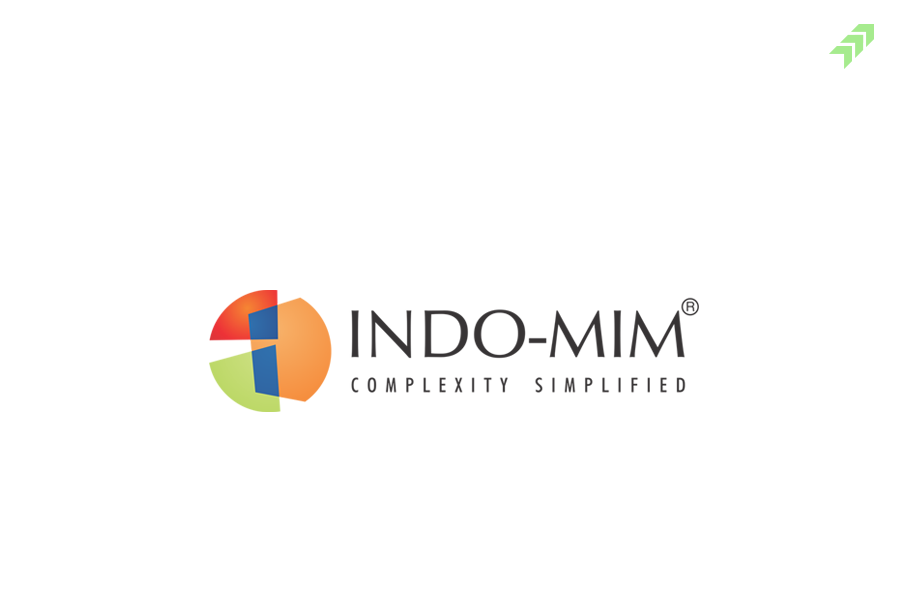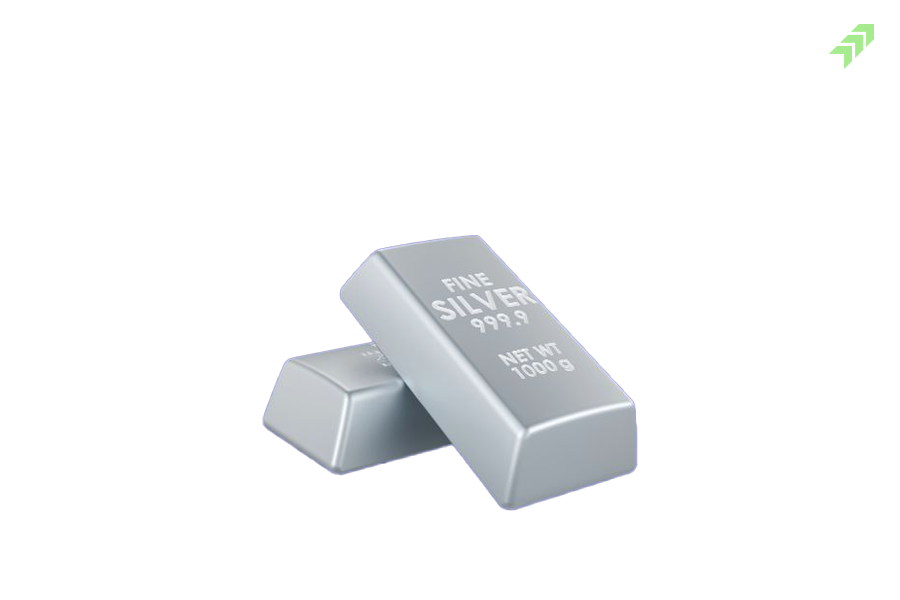In 2024 Union Budget, Finance Minister proposed changes in the capital gains taxation regime. Long term gains on all financial and non-financial assets will attract a tax rate 12.5%. The proposed changes will attract higher tax for equity investor, meaning the rate has been increased by 2.5% for listed equity from 10% currently. The rates however has been reduced by 7.5% for other assets such as house property, unlisted equity shares etc. Thing to note is that the indexation benefit has also been removed on all the assets having long-term capital gains. The ministry later clarified that properties purchased before April 1, 2001, would continue to enjoy indexation. The move aims to rationalize taxes across all financial and non-financial assets, but it will impact investors who sell their property investments to reinvest in other asset classes.
Indexation is used to connect prices and asset values by linking adjustments made to the value of a underlying to a predetermined price or composite index.
This initiative is supposed to have no impact from first time buyers who consider buying a house for a living and not for investment. The first timers will eventually be enthused as this creates a level playing field between all asset classes, and property prices are likely to stay stable to strong. However, removing indexation befit will be negative for people who consider property as an investment asset class for moderate price growth, source of steady income, and a way of diversifying portfolio. The removal of benefits will encourage average Indians to upgrade property in shorter intervals, invest in gold, stock market and even add to illiquidity to market. Investment in real estate and stock market brings liquidity into the market and revitalises the economic cycle.
While stock market investors may bear the jolt, real estate investors who were seeing booming market may have a real reason to worry.
In the short-term, the highest impact could be seen in high-end properties, as they may see a sharper reduction in prices. There will be no impact on super-luxury apartments with ticket sizes over Rs. 10 crores since last year’s budget capped the indexed cost of acquisition at Rs. 10 crores.
| Sold with profit | With indexation @20% | No indexation @12.50% |
| Purchase price of apartment | Rs. 50,00,000 | Rs. 50,00,000 |
| Date of purchase | Jan 01, 2009 | Jan 01, 2009 |
| Dale of sale | July 23, 2024 | July 23, 2024 |
| Inflation adjusted value | Rs. 13248175 | Rs. 50,00,000 |
| Selling price | Rs. 1,50,00,000 | 1,50,00,000 |
| Capital gains | Rs. 17,51,825 | Rs. 1,00,00,000 |
| Tax on capital gains | Rs. 3,50,365 | Rs. 12,50,000 |
| Tax difference (Old vs. New) | – | Rs. 8,99,635 |
Short term gains on listed equity shall attract a tax rate of 20% from 15% currently, while that on all other financial assets and all non-financial assets shall continue to attract the applicable tax rate.
The minister also raised the securities transaction tax (STT) in the futures and options (F&O) segment. The STT rates on sale of options have been raised from 0.0625% to 0.1% of the option premium, and on sale of futures from 0.0125% to 0.02% of the price at which such futures are traded.
Here’s an example on how it ups the cost. A trader sells Nifty futures, say, at 24,400. As Nifty’s lot size is 25, the value of the contract will be ₹6, 10, 000 (24,400 multiplied by 25). STT is calculated on this value. Henceforth, For trading in futures, traders have to pay ₹122 (₹6, 10, 000 multiplied 0.02 per cent) as STT compared to the earlier ₹76.25 (₹6, 10, 000 multiplied by 0.0125 per cent). For options traders, trader selling a 24500-strike call option at a premium of ₹200. Here, the premium received will be ₹5,000 (₹200 multiplied by lot size of 25). The new STT charge will be ₹5 (₹5,000 multiplied by 0.1 per cent) whereas earlier it was ₹3.1 (₹5,000 multiplied by 0.0625 per cent.
There have been voices by SEBI on rising retail participation in F&O segment. However, according to industry experts the raise may yield little to no result as the quantum of increase is too small and won’t help in meaningfully curb to any speculation from retail traders.

















